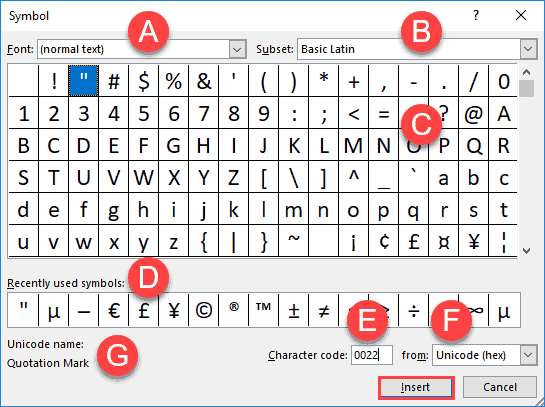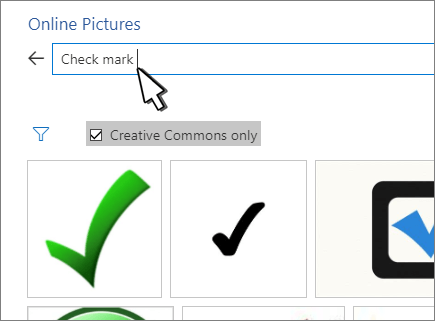

Typically, the intersection operator is inserted before the function that could return multi-cell arrays or ranges such as OFFSET, INDEX, or user-defined functions.įor example, the following formula authored in pre-dynamic Excel: In other words, if a formula returned a single value in an older version but would return multiple results in Excel 365, it will be automatically prefixed with to deactivate the array behavior. For the most part, it is done to force a formula to behave the same way as it did in the original version in which it was created. In Excel 365, you may notice the character added to some of your formulas when opening a workbook created in an older version. If you try to add the sign in older versions, it will be silently removed upon completing the formula. If you wish a formula to return just one value, put before the function's name (or before a certain range or array inside the formula), and it will behave like a regular non-array formula in pre-dynamic versions.įor The implicit intersection operator is only supported in Microsoft 365 subscriptions. The implicit intersection operator was introduced in Excel 365 to prevent the default dynamic array behavior. Excel implicit intersection operator - symbol
#Intersection symbol in word 2016 full#
For this, they introduced a special operator, and in the next section you will find full details about it. If you want a formula to return just one value, you need to explicitly enable implicit interception. The result is a spill range consisting of 4 cells: Here, the entire ranges are multiplied with a regular formula that is only entered in the topmost cell (D2): For this reason, Excel 365 is sometimes called dynamic array Excel or DA Excel. That makes implicit intersection unnecessary, and it is no longer triggered by default. Now, any formula that can potentially produce multiple results, automatically spills them onto the sheet. The introduction of dynamic arrays has changed the default behavior of all formulas in Excel 365. As the result, the numbers in each row get multiplied at once: Once you do this, the formula gets surrounded in, indicating it's an array formula. In our case, select cells D2:D5, type the above formula and confirm it by pressing the Ctrl + Shift + Enter keys together. This clearly tells Excel to process multiple values input as ranges or arrays. To disable implicit intersection, you must enter an array formula with Ctrl + Shift + Enter (which is why traditional array formulas are sometimes called CSE formulas). To multiply the numbers in other cells, you need to copy the formula down.

Implicit intersection in Excel means reducing multiple values to a single value. Implicit intersection in dynamic array Excel.Implicit intersection in pre-dynamic Excel.What is implicit intersection in Excel?.

For more detail, please continue reading. What does this mean? And how does it work precisely? In a nutshell, it is an implicit intersection operator that disables the new default array behavior of a formula and tells Excel to return a single value. You have the feeling you know everything about your workbooks, and then a character appears from nowhere in the beginning of your formulas. This tutorial aims to provide the answers. Now that it is no longer the default behavior in Excel 365, so many questions arise. Implicit intersection has been around in Excel for years, but very few people cared about it.


 0 kommentar(er)
0 kommentar(er)
